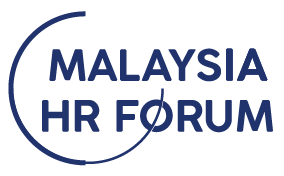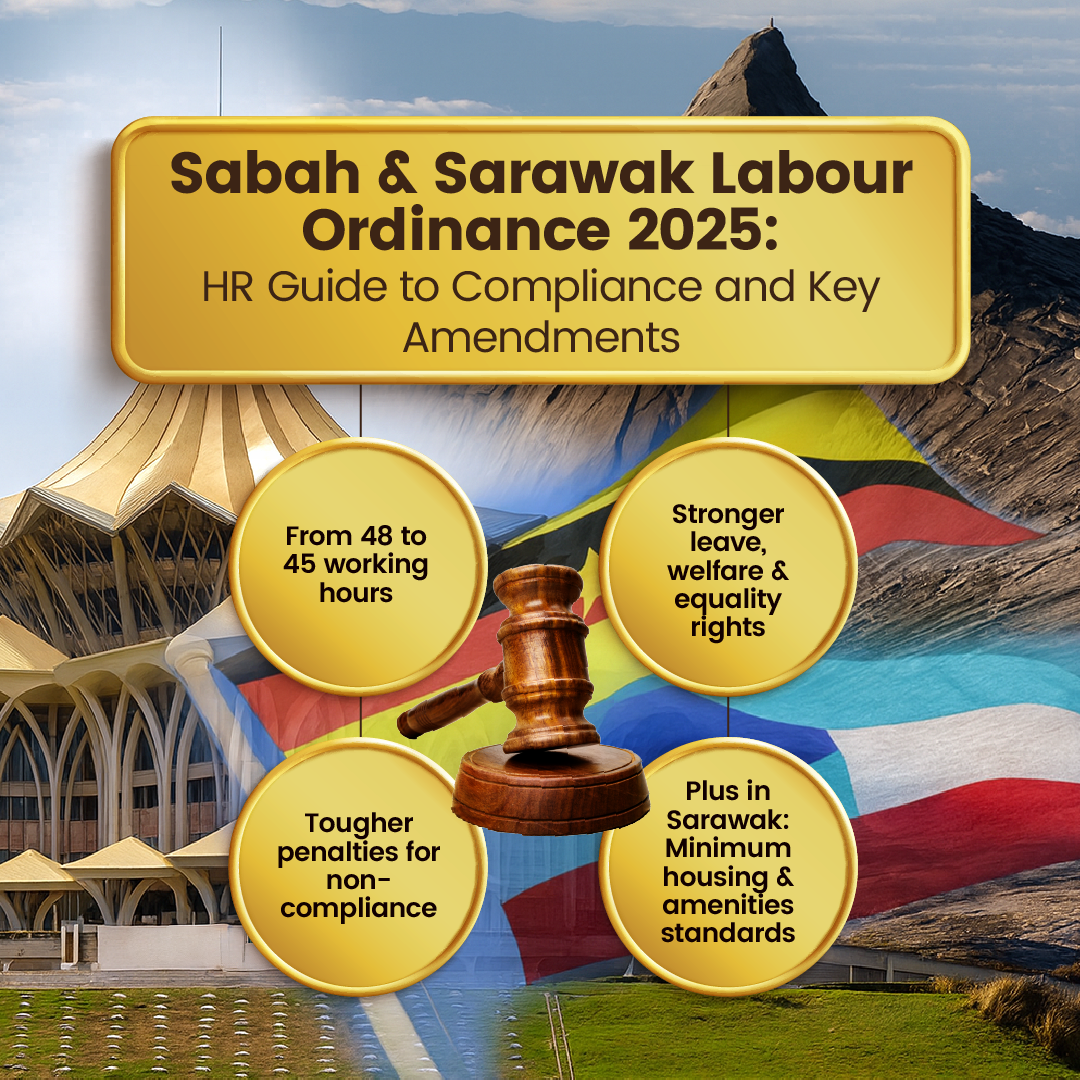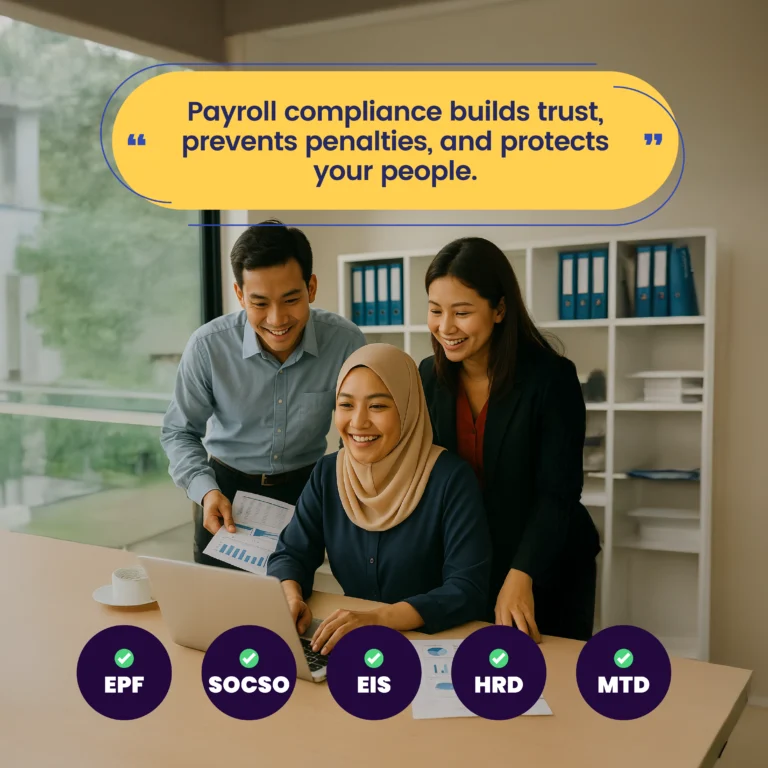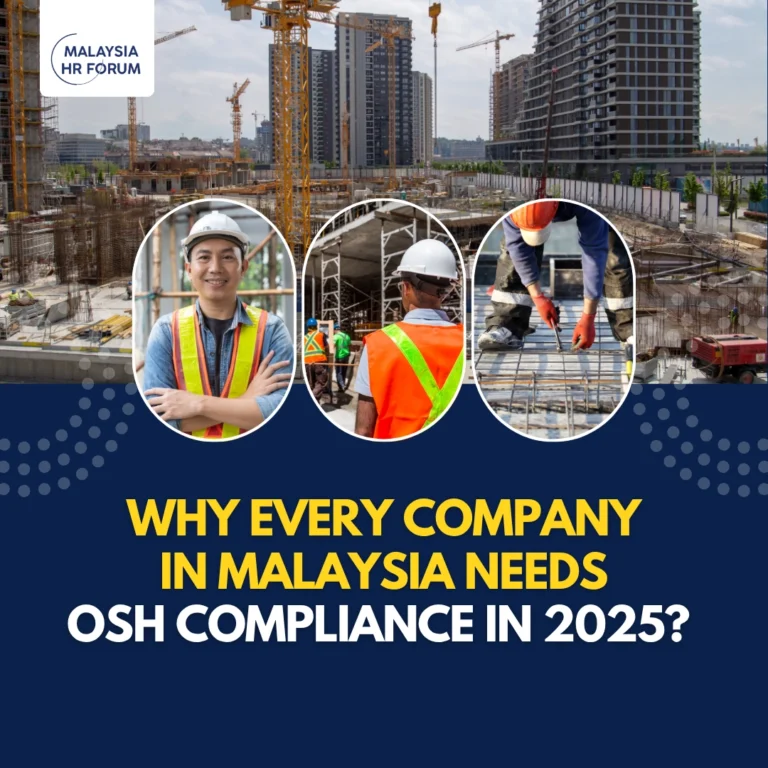Sabah & Sarawak Labour Ordinance 2025: HR Guide to Compliance and Key Amendments
Sabah & Sarawak Labour Ordinance (SLO) sets the foundation for fair employment in East Malaysia. Unlike the Employment Act 1955 which applies to Peninsular Malaysia, the SLO governs employment practices in Sabah and Sarawak.
With the 2025 amendments, employers must now navigate new compliance requirements covering working hours, employee protections, leave entitlements, and penalties. For HR leaders, this is not just about avoiding fines, it is about building a workplace that is fair, transparent, and future-ready.
Key 2025 Amendments for Both Sabah & Sarawak
The amendments have modernised the SLO to match evolving workplace needs. Some of the most significant changes include:
- Terminology Updates: “Worker” is now referred to as “employee”, and “domestic servant” is updated to “domestic employee”.
- Eligibility Changes: Updated First Schedule covering overtime, public holiday pay, termination benefits, and more.
- Definitions Expanded: New clarity on terms such as confinement, sexual harassment, contractor for labour.
- Workplace Protections: Stronger provisions on discrimination, forced labour, and equality.
- Family-Related Leave: Revised maternity protections and new entitlements for paternity leave and employee welfare.
- Contractor for Labour: New requirements to regulate third-party hiring practices.
- Public Holidays: Revised minimum and mandatory days.
- Working Hours: Reduction in maximum working hours from 48 to 45 hours per week.
- Payment of Wages: Stricter rules on deadlines, penalties, and use of electronic payments.
- Clarification on Employer-Employee Definitions: Clearer legal framework on who qualifies as an “employee” and “employer”.
- Employment of Non-Resident Employees: Updated rules for hiring foreign workers.
New Schedules:
- Second Schedule: Employment of children or young persons.
- Third Schedule: List of hazardous work.
Discrimination & Forced Labour Provisions: Stronger penalties for breaches.
Penalty for Offences: Increased fines for non-compliance.
Additional Amendment for Sarawak Only
While Sabah and Sarawak share most changes, Sarawak has an additional requirement:
- Special Provisions on Housing & Amenities – Employers must meet minimum standards for employees’ housing, accommodations, and workplace amenities.
This reflects Sarawak’s unique context where many workers live on-site or in rural areas, making housing conditions a key labour concern.
Why Employers in Sabah & Sarawak Must Act Now
- Legal Compliance: Avoid costly penalties and Industrial Court disputes.
- Employee Trust & Welfare: Align policies with new protections to boost engagement.
- Operational Readiness: Adjust working hours, leave policies, and payroll systems.
- Future-Proofing HR: Establish fair, transparent practices to reduce workplace conflicts.
Practical HR Strategies for Compliance
- Audit Your Policies: Update employee handbooks, contracts, and HR policies.
- Train Managers: Equip leaders with knowledge on new rules for performance, grievance, and termination.
- Improve Payroll Systems: Ensure compliance with wage deadlines and electronic transfers.
- Address Discrimination & Harassment: Put preventive measures and reporting systems in place.
- Plan for Leave & Work Hours: Redesign schedules to align with reduced working hours and new leave entitlements.
Frequently Asked Questions
Q1: Do the Employment Act provisions apply in Sabah & Sarawak?
No. The Employment Act 1955 applies only to Peninsular Malaysia. Sabah and Sarawak are governed by their own Labour Ordinances.
Q2: What is the main difference in Sarawak’s amendments compared to Sabah?
Sarawak includes special provisions on employees’ housing, accommodations, and amenities.
Q3: Who should attend the Masterclasses?
HR professionals, line managers, business owners, and anyone involved in employee management.
The Sabah & Sarawak Labour Ordinance 2025 amendments are reshaping the way HR and employers manage people in East Malaysia. From reduced working hours to stronger employee protections, the changes are significant and demand immediate action.
Alongside compliance, HR leaders also face growing pressure to introduce creative, cost-effective strategies that solve everyday challenges. Topics such as:
- Annual Leave, Sick Leave & Sabbatical Leave Strategy
- Training Budget Strategy
- Insurance Benefits Strategy
- Notice Period Cost-Saving Strategy
- How to Give More Without Asking for Extra Budget
- Removing 70% of HR Headaches Instantly & Making HR a Strategic Partner
- Managing Managers Who ‘Bermaharajalela’
- Flexi-Work and Early Retirement Strategy
- Fixed-Term Contract (FTC) Strategy
- 30-Minute Disciplinary Process (Show Cause to Warning Letter)
- Managing Employees with Medical Conditions Without Legal Repercussions
These approaches go beyond legal requirements, helping organisations strengthen employee trust, improve efficiency, and position HR as a true business partner.
Sabah & Sarawak Labour Ordinance 2025 amendments are reshaping the way HR and employers manage people in East Malaysia. From reduced working hours to stronger employee protections, the changes are significant and demand immediate action.
Take the next step to protect your organisation and your employees. Join the Sabah Labour Ordinance & Industrial Relations Masterclass and gain expert insights, compliance strategies, and practical HR tools to manage your workforce effectively.
